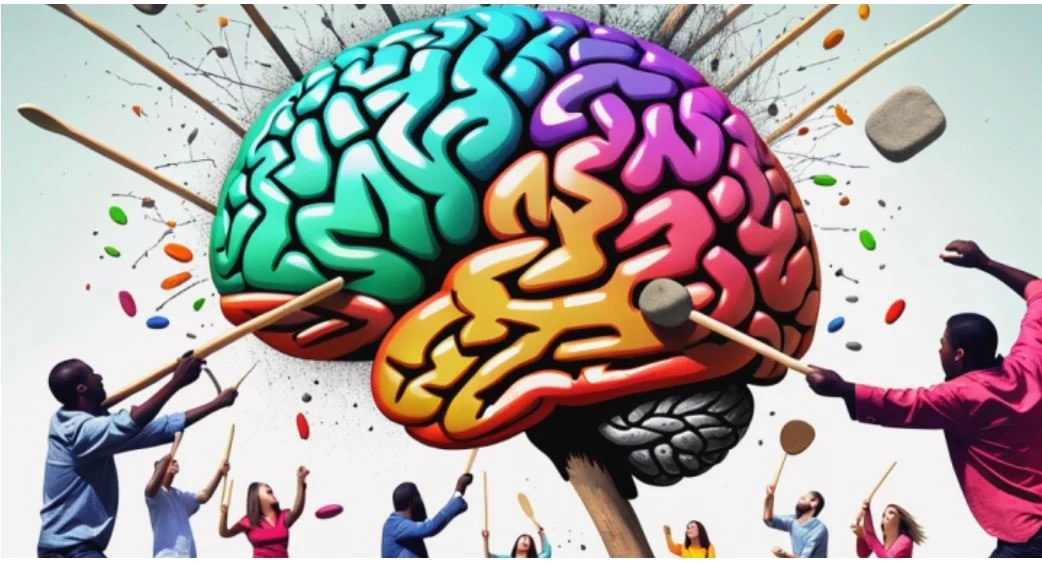AI at Work: The Rollercoaster You Didn’t Queue For
You know that feeling when you're strapped into a rollercoaster and it starts clanking uphill—and suddenly you're not so sure this was a good idea?
That’s how many people are feeling about AI.
It’s big. It’s fast. It’s happening right now.
And while it promises better productivity, smarter decisions, and fewer boring tasks, it also brings a whole lot of something else:
Anxiety.
Anticipatory stress.
That tight-chested, sweaty-palmed “what does this mean for me?” feeling.
Let’s name it: AI-anxiety is real.
Even if your job isn’t directly impacted by AI, it’s hard to escape the noise.
The headlines scream automation.
The apps promise to write faster, think harder, do more.
And underneath it all, many people are quietly asking
This is anticipatory anxiety—the stress we feel in the waiting.
It’s not about what has happened. It’s about what might happen.
And it’s exhausting.
What leaders need to understand
AI implementation isn’t just a tech project—it’s a people project.
And right now, many of those people are stuck on the clanky uphill climb, bracing for a drop they haven’t seen yet.
Here’s what helps:
Name the uncertainty. Don’t pretend everyone’s fine. Most people are worried—and it’s OK to say that out loud.
Talk more, not less. Silence breeds fear. Clear updates, honest answers, and “we’re figuring this out too” messages go a long way.
Give people agency. The more people feel they have some control (training, input, tools), the less helpless they’ll feel.
Ditch the “just adapt” narrative. Yes, adaptability is key. But compassion is the foundation. People don’t adapt well when they’re overwhelmed.
It’s not about resisting AI. It’s about supporting humans.
At Glia, we’re not anti-AI. We’re pro-human.
We believe in helping organisations prepare their people—not just their platforms—for what’s coming.
That means understanding the real emotional toll that future-facing change brings, and designing support strategies that actually work.
🧠 Want help managing the mental side of AI at work?
Get in touch. We’ve got tools for that.














